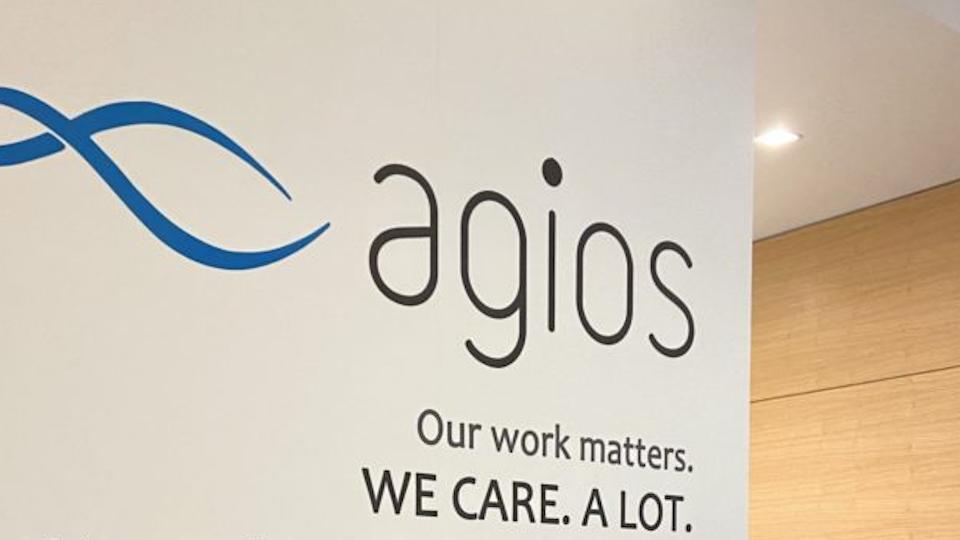FDA sets Dec deadline for Vertex, CRISPR sickle cell therapy

Vertex chief executive Reshma Kewalramani
The FDA has started a priority review of Vertex Pharma and CRISPR Therapeutics’ exagamglogene autotemcel (exa-cel) in sickle cell disease (SCD), with a decision on approval due by 8th December.
The US regulator is also conducting a standard review of the CRISPR-based therapeutic for transfusion-dependent thalassaemia (TDT), and will deliver its verdict on that by 30th March next year.
The news emerged as Vertex and CRISPR reported new results from two pivotal trials of the therapy (CLIMB-111 and CLIMB-121), and a longer-term observational study (CLIMB-131), showing that exa-cel continued to meet primary and second endpoints in 83 patients with TDT or SCD over a follow-up period of up to 43.7 months.
Exa-cel is an ‘ex vivo’ application of CRISPR gene-editing, used to modify a patient’s own cells outside the body to make foetal haemoglobin (HbF), which can serve as a substitute to regular haemoglobin in both SCD and beta thalassaemia.
The cells are used to make HbF in the body, replacing the misshapen and faulty haemoglobin seen in patients with the blood disorders, in order to prevent painful vaso-occlusive crises (VOCs) in SCD, as well as the need for blood transfusions in patients with TDT.
Among 48 subjects with TDT in the studies, 27 were evaluable at the latest data cut-off and 24 of them (89%) had not needed a transfusion for at least six months, the primary endpoint. Out of the other three patients, two had a reduction in transfusion volumes and one has been transfusion-free for nearly three months.
Among the 35 patients in the SCD group, 17 were evaluable and 16 of them (94%) had been free of VOCs for at least 12 months since receiving the one-shot treatment. The average time the subjects had remained VOC-free was more than 18 months, with a maximum of three years.
The updated results are due to be reported over the coming weekend at the European Haematology Association (EHA) congress.
Vertex has estimated there are around 32,000 patients in the US who could be eligible for treatment with exa-cel if approved, but hasn’t yet commented on its pricing plans for the therapy, or provided any sales projections.
The therapy has also been filed for approval in the EU as well as the UK, last December and January, respectively, with decisions possible in the latter half of this year.
“Exa-cel holds the promise to be the first CRISPR gene-editing therapy to be approved, and we continue to work with urgency to bring this treatment with transformative potential to patients who are waiting,” said Vertex's chief executive, Reshma Kewalramani.
The timelines keep Vertex and CRISPR ahead of their closest rival, bluebird bio and its lovotibeglogene autotemcel (lovo-cel) gene-editing therapy for SCD, which has been delayed.
Out in front with its TDT therapy betibeglogene autotemcel (beti-cel), already approved by the FDA as Zynteglo, bluebird bio has decided not to commercialise it in Europe, claiming that reimbursement policies there make high-price, single-shot therapies unviable.













